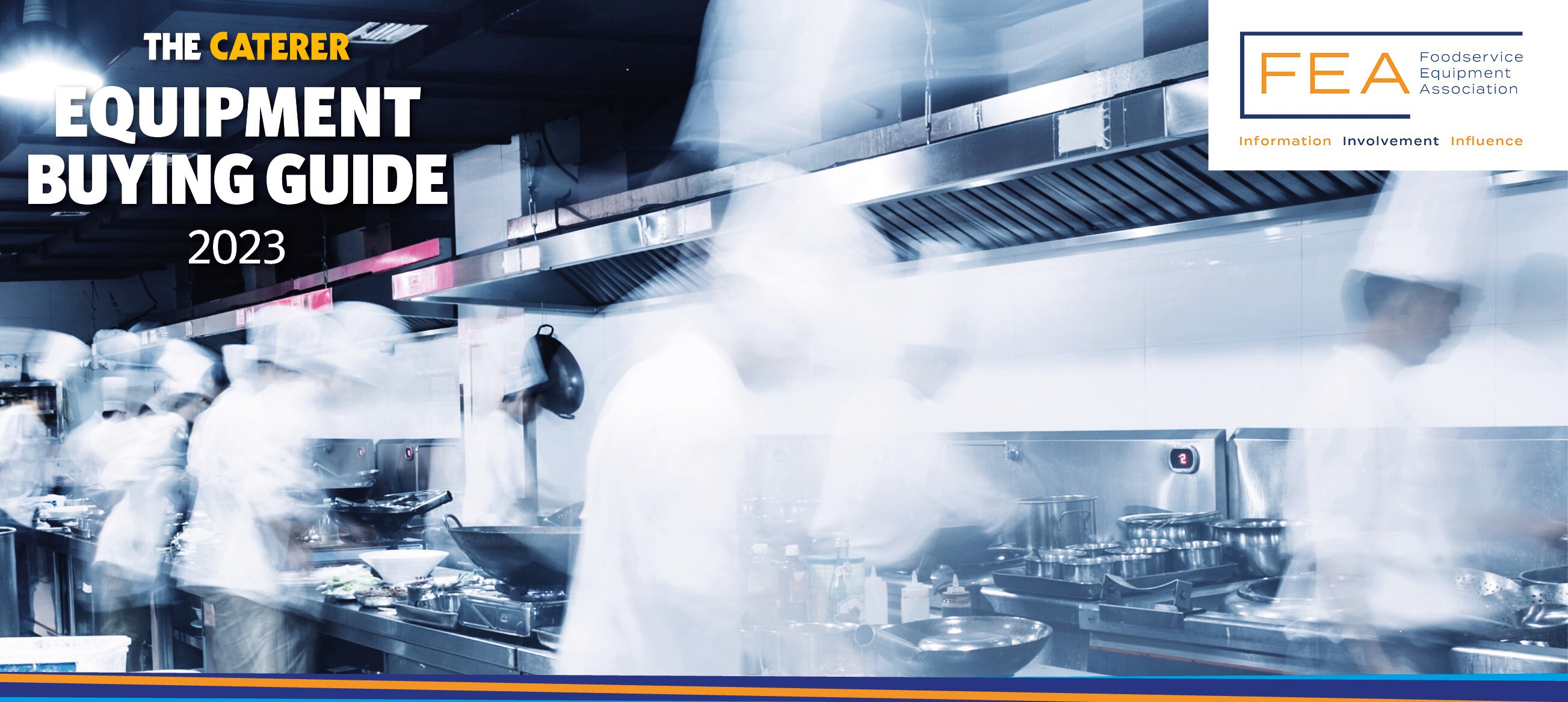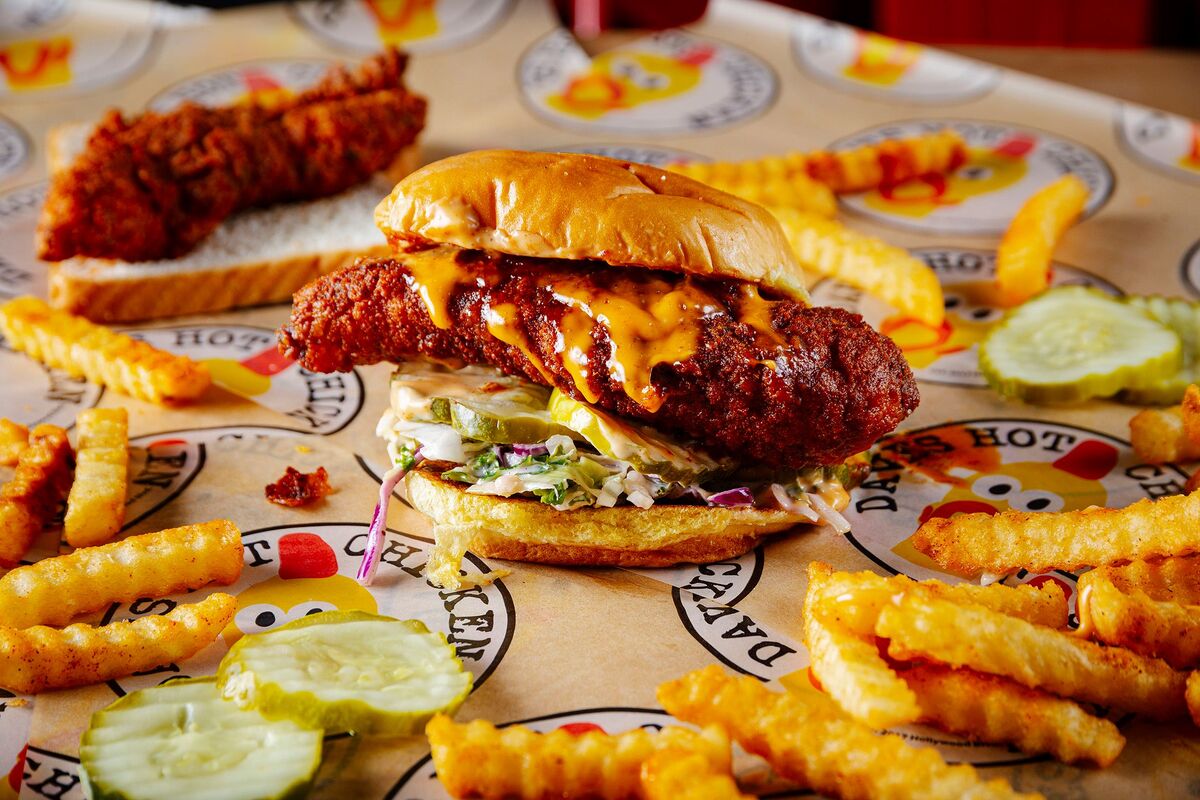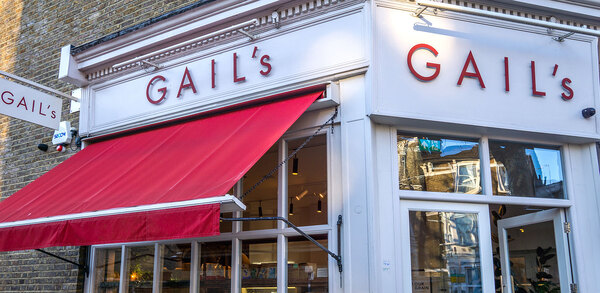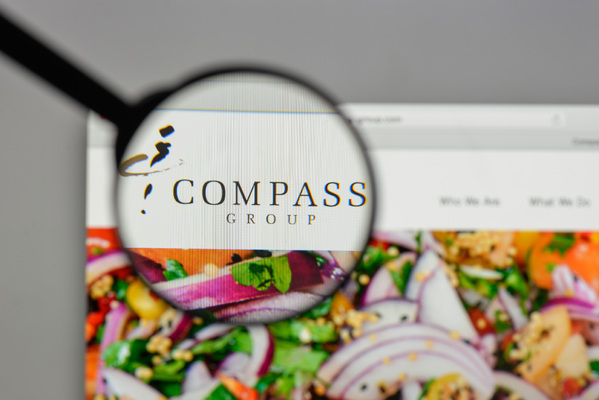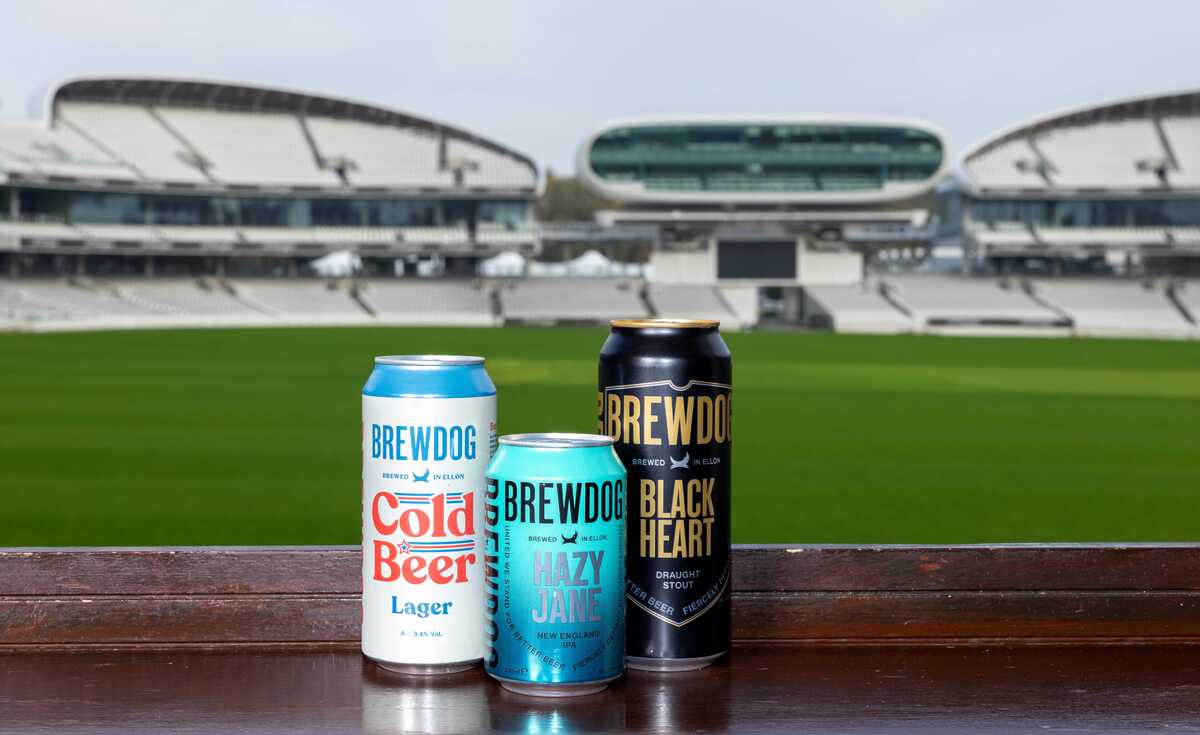Download the FEA Equipment Buying Guide, the guide to buying kit for your kitchen
There’s an incredible amount of innovation happening in commercial catering equipment. In such a fast-moving sector, it can be difficult to keep up with the new features and technologies that are being developed, which is where this guide can help. Key areas include sustainability and environmentally-friendly credentials – with more emphasis on energy efficiency than we’ve ever seen before.
Indeed, ever-higher energy prices have focused minds on running costs. The initial investment to buy a commercial kitchen appliance is only about 15% of its lifetime cost, so it’s worth checking performance criteria and running costs before you buy. Investing in a high-end, more efficient piece of equipment may be more economical in the long run.
That’s especially true given that a quality commercial appliance can easily last 10 years, so you don’t want to get it wrong. You need to understand the exact requirements you want, so your supplier understands them too, and can advise you on the best solution. It can be something as simple as buying an icemaker for the back bar because the old one needs replacing, but you need to make sure that the new one fits in the hole left by the old one – if it doesn’t, you create a whole new set of problems.
What about the demands you are putting on the appliance? Some equipment is designed for light use only. Use it as you would a heavy-duty model and it will suffer. Often suppliers are asked for a generic piece of equipment, such as a combi steamer. However, the options will be different depending on what you plan to cook in it, how many meals you will cook in it, how skilled your staff are and so on.
It’s also important to understand the appliance’s technical requirements. What services will it need to connect to? Do you need to factor in additional measures to ensure you remain compliant with regulations? Be careful what you ask for – and if you’re not sure exactly what you should specify, get the supplier in to discuss it with you. They’ll know the questions to ask to ensure you get the best solution.
This guide is an introduction to a variety of different types of foodservice equipment, and we’ve included some of the key areas of innovation too. Read on if you want to know why your fridges would benefit from variable speed compressors, or what to do if your electrical supply system can’t match your peak demand.
Download your FEA Equipment Buying Guide here, we hope you enjoy!
Paul Anderson, chair of the Foodservice Equipment Association (FEA)



